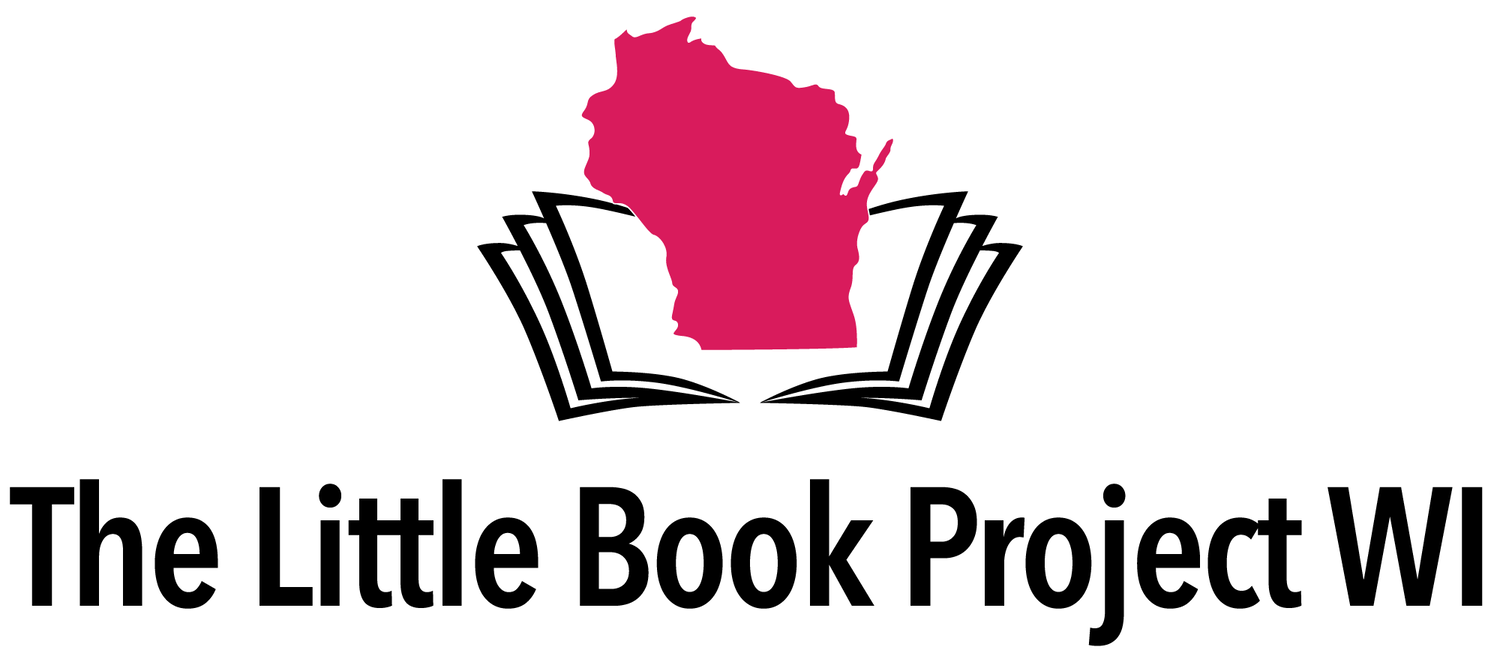Artist Profile: Bravebird
Alex and Noel Miranda are co-founders of Bravebird, a Madison-based film company. Bravebird’s mission is to transform the way gender and diversity is depicted on screen with a filmmaking methodology called Cinema Dignite. Cinema Dignite centers around visuals with impeccable quality that’s ethically produced, all with the goal of including and empowering the communities depicted. Through commercials, documentaries and feature films, Bravebird includes a diverse group of creatives from beginning to end of the story-telling process.
1) How did the events of 2020 impact your ability to write and produce Trace The Line?
At the beginning of 2020, Bravebird had its largest pipeline of commercial work laid out. In mid-March, when the pandemic hit and things started to shut down, we lost all of our work overnight. That not only impacted us but our freelancer network as well. During this “pause”, Alex had a vision of a story come to him. We felt compelled to use this idea and our time to create the film, Trace The Line.
Trace the Line has the dual purpose of creating our own to work to support our freelancers and to reflect on the shared experience and lessons of last year. Trace The Line is about two young artists in the Midwest, a black man and a white woman, a poet and a painter. It depicts their lives as they're trying to understand the world that we're in now, especially as it relates to isolation, connection and race relations.
When we were ready to film, most of Hollywood was (and still is) on hiatus. We took what is normally considered detriments in filmmaking and made them our strengths (creative independence/no backing from a studio; a small team; and safety constraints). We really thought long and hard about how we could craft a story that would allow us to incorporate COVID precautions and use what was readily available to the production. We aimed to incorporate physical distancing, less risky filming locations, and even replicated our own “bubble” similar to the NBA.
We had a mostly local team of 10 (or less) on set at any one time. The Trace the Line film team is made up of 50% BIPOC and 50% women, with team members from a variety of backgrounds including scientists, educators, recent UW-Madison graduates, photographers and merchandisers. The actors never touched and are always separated by six feet of space. Most of the filming was done outside for better air flow. Indoor locations where chosen carefully to avoid any unforeseen contact with other people. Crew members themselves were properly distanced and masked during the duration of filming. For the 4 weeks we filmed, our crew had very limited interaction with anyone outside the production team. And we all were able to remain COVID free. This mighty team—and our process—created unique visual framing, subtext and voice.
In many ways, Trace the Line mimics 2020. We couldn’t have made this film without the challenges of last year—and the great individuals that assisted us.
2) What "artistic collaboration" mean to you?
Artistic collaboration for Bravebird centers on diversity of thought. Art can come with the connotation of a singular, tortured genius bringing a piece into existence. That’s not the way it works with film. Film is one of the most collaborative mediums, plus requires so many different elements from the technical (audio, editing, cinematography) to the expression (screenwriting, costume and set design). All these aspects necessitate many team members, viewpoints and perspectives to make a film successful.
Ultimately what we look for in collaborations is to be challenged in our views. We improve when we’re around other greats. None of us knows everything. There’s much to be learned if you can let your ego go and imagine with others.
3) Do you have any new projects on tap for 2021?
Bravebird’s next big project will take place across three cities (Milwaukee, New Orleans and Washington, D.C.). We’re partnering with DC-based studio Unchained Stories to do mini-documentaries on each area that show grass-roots efforts around transformative justice. I think it’s very easy to forget how much impact we can have in our local community; we’re really looking forward to showcasing some of these incredible people and work that doesn’t always get highlighted.
4) Fave cinematography created by another artist that you have recently encountered?
We are big fans of other innovative storytellers, especially those featured through the Criterion Collection. We have spent some of our quarantining time exploring the works of Claes Olle Ruben Östlund (Force Majeure); Andrei Tarkovsky (Andrei Rublev); and Mikhail Kalatozov (I am Cuba). It’s been a year of musing through these pieces and what they have to say around the responsibility within human relationships, faith and suffering.
Additional background information about Bravebird founders Alex and Noel Miranda:
Alex is a director, producer, and screenwriter. He began his work in the industry as a child actor, first appearing in national commercials before making his film debut in Clubhouse Detectives. He later Co-Starred in The Lost World: Jurassic Park, and Walker Texas Ranger. In 1997, Alex won an ALMA Award for his performance in the PBS TV Mini-Series, Foto-Novelas. After this, Alex decided to pursue transformative work behind the camera. Since 2013, Alex has been developing a style of filmmaking focused on depicting dignity. For his advertising work, Alex has received critical acclaim the Telly Awards, the American Advertising Awards, and the internationally recognized, Creativepool Award. Alex's first short film, Fantasy in D Minor (2018), premiered at the 24th Annual San Luis Obispo International Film Festival, won Best International Short Film at Oxford, and was selected in the Short Film Corner at the 71st Annual Cannes Film Festival.
Noel is a producer, writer, and advocate for developing new voices in film. Noel comes from a community relations and non-profit background. She has worked across the country with companies like Coca-Cola, University of Wisconsin-Madison, and Centro Hispano.



